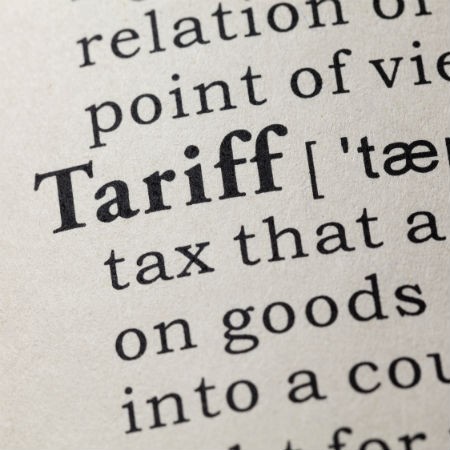A wage garnishment or wage attachment is an order issued by a court or a government agency that directs your employer to deduct a certain amount of money from your paycheck and send it to a government agency or creditor.
Types of Garnishments / Withholding Orders
Federal Tax Levy – The “Exempt” amount is based on pay period, marital status and number of exemptions claimed. Example: Biweekly payroll, Employee claiming Single with 1 Exemption, all but $390.38 would be withheld and remitted to the IRS until the levy is paid in full or released by the Internal Revenue Service.
State Tax Levy / Garnishments – Most states have their own laws regulating wage garnishments. If the state wage garnishment law is different from the federal law, the law that results in the lowest amount garnished should be applied. For example, if it is part of your state’s law that only 15% of your disposable income can be garnished, that law would be applied instead of the federal law.
Student Loans – The Higher Education Act authorizes the Department of Education agencies to garnish up to 10% of disposable earnings to repay defaulted federal student loans.
Other Withholding / Garnishment Orders – 25% of your disposable earnings.
Child Support – The garnishment law allows up to 50 percent of a worker’s disposable earnings to be garnished if the worker is supporting another spouse or child, or up to 60 percent if the worker is not. An additional 5 percent may be garnished for support payments more than 12 weeks in arrears.
Wage Limit Garnishments – Consumer Credit Protection Act
Federal and state law places limits on how much of your wages may be garnished.
For most types, federal law limits wage garnishments to the lesser of:
- 25% of your disposable earnings (wages left after deductions required by law), or
- the amount by which your weekly disposable earnings exceed 30 times the Federal hourly minimum wage.
Wage Garnishment Examples
- If your disposable income is $217.00 per week, then a creditor would not be able to get a wage garnishment against you. Federal minimum wage $7.25 times 30 hours = $217.50 disposable pay.
- If disposable earnings are more than $217.50 but less than $290.00 ($7.25 × 40), the amount above $217.50 can be garnished
Are there exceptions to the Law?
Court orders in Chapter 13 bankruptcy cases are not subject to wage garnishment limits. So if the bankruptcy court sends an income deduction order employers must deduct the plan payment from the employee’s paycheck even if the deduction exceeds federal or state wage garnishment limits.
Child Support Orders and Federal Tax Levy’s are not subject to the wage limit.
For more information regarding wage garnishments, please reach out to Genesis HR Solutions at AskUs@genesishrsolutions.com or 800-367-8367.
Genesis HR Solutions is the premier PEO provider for Massachusetts based businesses.





